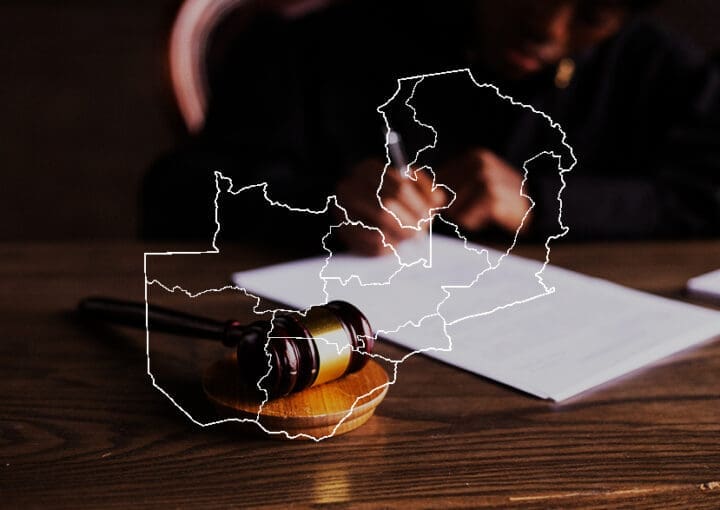The term ‘digital rights’ speaks to questions around how the same rights that have always been fundamental to all humans — such as freedom of expression, privacy and access to information — are exercised and protected in the era of the internet, social media and technology.
Understanding digital rights is crucial to being able to protect fundamental human rights in any domain, as very little of our lives today is immune from the forces of technology and the internet. Protecting and developing online spaces where human rights can be respected and promoted requires effective responses to oppressive regulations, and innovative solutions.
Summary Modules
Media Defence has developed a series of summary modules which outline the interplay between digital rights and fundamental rights. The notion that the rights which people traditionally enjoy offline must be protected online has been firmly entrenched in international law. The concept of ‘digital rights’ — which encompasses a number of human rights but especially the right to freedom of expression — raises a number of legal complexities and nuances that are still being determined in court. Some of the most pressing issues pertaining to digital rights include access to the internet, the liability of internet intermediaries, the freedom to choose among information sources and the right to privacy. The following summary modules provide a brief overview of some of these challenges.
Advanced Modules
Media Defence’s series of Advanced Modules on Digital Rights and Freedom of Expression online provide a more comprehensive review of current developments and jurisprudence in the field of digital rights. In combination with the Summary Modules above, these resources form the basis of our introductory and advanced litigation surgeries. The Advanced Modules have been designed to assist lawyers representing journalists, bloggers and other online media in East, West and Southern Africa. They include emerging trends in digital rights as well as tools and advice on litigating cases at the national and regional levels.
These Advanced Modules provide an in-depth assessment of global trends in digital rights and the current and potential threats posed to access to information, including internet shutdowns, social media taxes and online censorship.
Further, they describe key global tools and codes which have been developed to protect the right to privacy such as the General Data Protection Regulation (GDPR) in the European Union, and the California Consumer Privacy Act (CCPA).
Emerging Trends: Internet Shutdowns
An internet shutdown arises when someone, be it the government or a private sector actor, intentionally disrupts the internet, a telecommunications network or an internet service, arguably to control or curb what people say or do.
See moreKey Case Law
The law has made significant strides in recent years in recognising that human rights require equal protection online, and in grappling with complicated, often technical issues such as intermediary liability and internet shutdowns in the name of national security. Nevertheless, much remains to be done in litigating to protect digital rights across the world.
The ECOWAS Court of Justice ruled that the 2017 internet shutdown by the Togolese government was illegal and was a violation of the right to freedom of expression.
The High Court of Tanzania ruled that, in some instances, the government’s request for a disclosure of user information by an internet intermediary may be justified and would not be declared to be unconstitutional.
The European Court of Human Rights was faced with a matter regarding the British government’s power to engage in surveillance and whether its bulk interception regime was a violation of the right to privacy..
The Constitutional Court fo South Africa found the state’s bulk interception legislation to be unconstitutional, due to a number of aspects including the lack of notification of a person who is being surveilled and insufficient safeguards regarding the custody and management of the information retrieved through surveillance.



